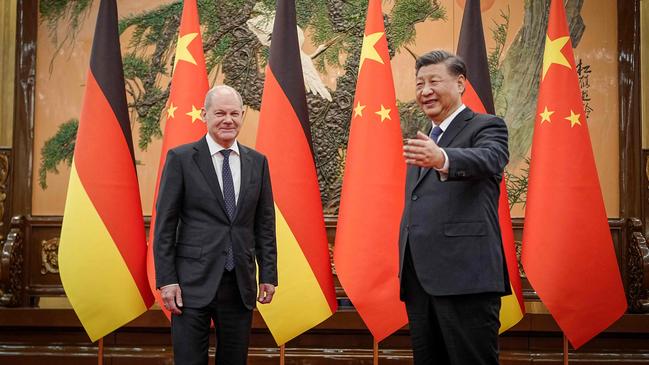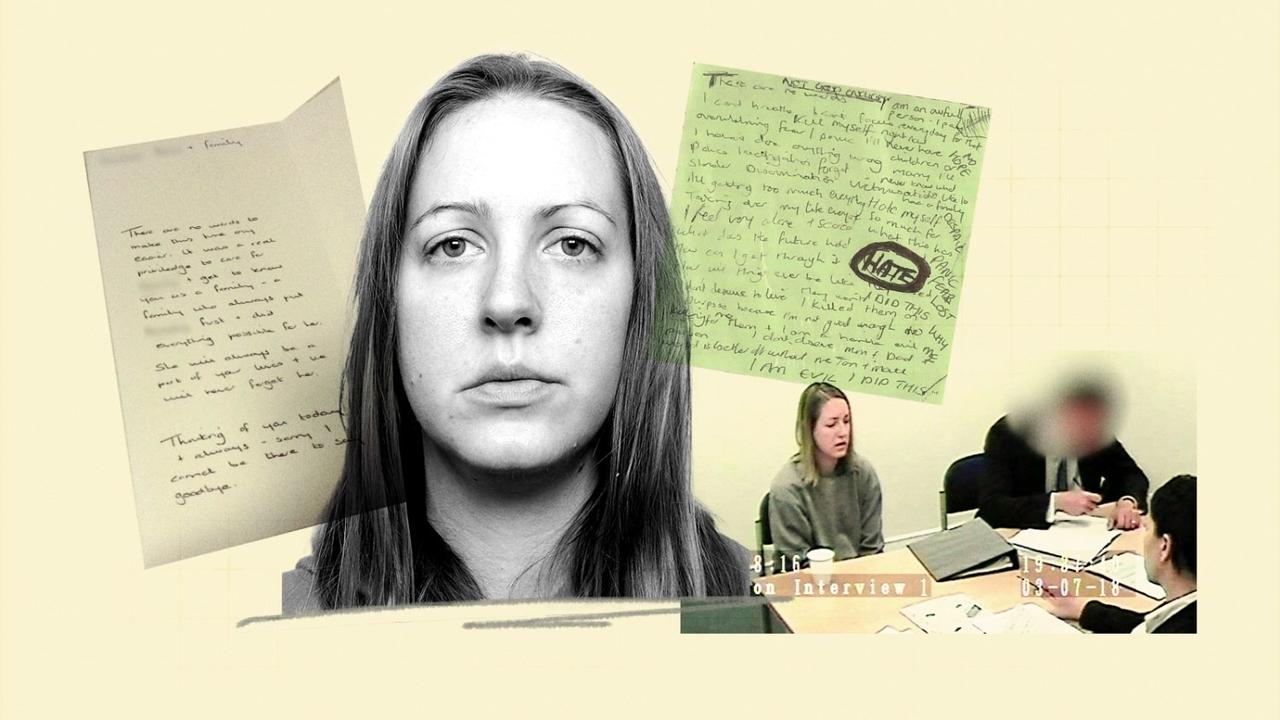Scholz condemned for talks with Xi Jinping as strain on Germany’s ruling coalition shows
Senior figures in the German Green party, the larger of his two coalition partners, made no effort to disguise their displeasure.

Infighting has broken out in Berlin over concerns Olaf Scholz may have served Beijing’s agenda with his visit to China.
The chancellor became the first Western leader to meet President Xi Jinping since the communist party congress at which his status as the most powerful Chinese ruler since Mao Zedong was confirmed.
Senior figures in the German Green party, the bigger of Mr Scholz’s two coalition partners, made no effort to disguise their displeasure.
Speaking from the Uzbek capital Tashkent on the eve of the trip, Annalena Baerbock, the Green foreign minister, warned the chancellor to respect the China policy set out in the coalition agreement. This identifies Beijing as a “systemic rival” and highlights its human rights abuses.
Baerbock was rebuked by Rolf Mutzenich, the leader of Scholz’s Social Democratic group in the Bundestag, and one of the few German politicians to congratulate Mr Xi on his third term.
The MP said Mr Scholz, 64, required no lectures on how to conduct “tough conversations” with his Chinese counterparts.
“Because of its political and economic strength, Germany is a voice that carries weight in Beijing,” Mr Mutzenich told the Kolner Stadt-Anzeiger newspaper. “He needs no advice on this, not even from his foreign minister, whose statements from abroad were rude and undisciplined.”
Mr Scholz appears to have used that voice to express Western concerns during his conversations on Friday with Mr Xi, 69, and other members of the politburo.
He urged Mr Xi to prevail on President Vladimir Putin to back down from his attack on Ukraine and his threats of nuclear war.
The chancellor said that as a permanent member of the UN security council and a partner of Russia, China had a special responsibility to ensure Ukraine’s “territorial integrity” was protected. “I have told President Xi that it’s important for China to exercise its influence over Russia,” Mr Scholz said after their meeting.
“President Xi and I are agreed: threats of atomic warfare are irresponsible and dangerous in the extreme.”
Appearing alongside Mr Scholz, Chinese Premier Li Keqiang said both countries hoped the war would end soon. In an apparent warning to Mr Putin, Li added: “We cannot afford any further escalation.”
The Green party leadership is also unhappy at Mr Scholz’s readiness to allow Chinese companies to buy stakes in Germany’s strategic infrastructure.
Last month the Chancellor ruled that Cosco, a Chinese state shipping company, could acquire a quarter of a terminal in the port of Hamburg, dismissing objections from six of his ministers, including Baerbock and Robert Habeck, the Green vice-chancellor and business minister.
Mr Habeck is trying to block a subsidiary of another Chinese company from taking over a microchip factory in Dortmund. Mr Scholz is said to favour the deal despite a warning from Germany’s domestic intelligence agency that it could compromise national security.
Omid Nouripour, one of the Green party leaders, said it was time for Germany to rethink how it handled China as a “competitor and strategic rival”.
The visit was also criticised in an open letter from 186 Chinese dissidents and democracy activists, including several former leaders of the student movement that confronted the regime in Tiananmen Square in 1989.
They said China was gradually slipping into a “dictatorship based on the Nazi model”.
However, Ai Weiwei, a Chinese artist who has often taken on the regime and lived in Berlin until last year, said Mr Scholz’s trip was “not a bad idea”.
Mr Ai told a German press agency that it was unrealistic for the West to sever relations with China and meetings with leaders provided an important platform to assert liberal values.
The Times


